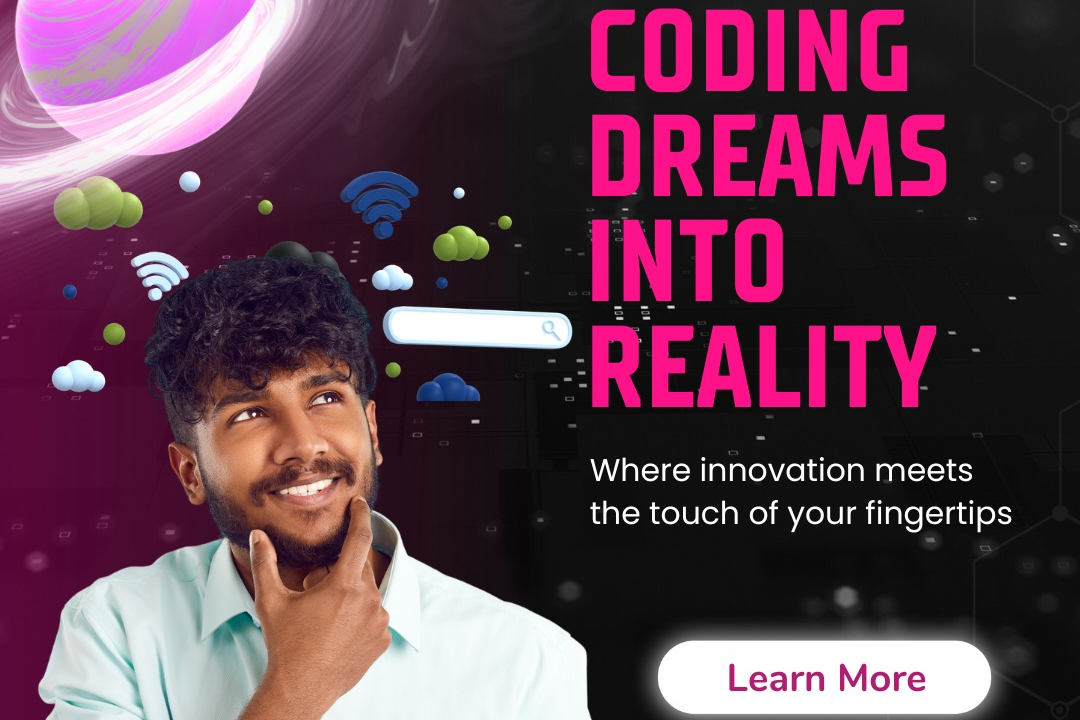Android Cloud Integration
Enhancing Android with Cloud Integration Solutions
Android Cloud Integration
Android cloud integration refers to the process of connecting Android applications with cloud-based services to enable features such as data storage, backend processing, and remote access to resources. This integration allows developers to leverage cloud computing capabilities to enhance functionality, scalability, and performance of their apps. By utilizing cloud services like Firebase, AWS, or Google Cloud, Android apps can facilitate real-time data synchronization, user authentication, and storage management, while reducing the need for extensive local resources and infrastructure. This integration empowers developers to create seamless and responsive user experiences, improve app maintenance, and ensure that data remains accessible from multiple devices and platforms.
To Download Our Brochure: https://www.justacademy.co/download-brochure-for-free
Message us for more information: +91 9987184296
1 - Definition of Cloud Integration: Introduce what cloud integration is and how it relates to Android development, explaining the concepts of cloud computing and mobile applications.
2) Benefits of Cloud Integration: Discuss advantages, such as enhanced scalability, flexibility, and accessibility of services and data for Android applications.
3) Types of Cloud Services: Explain the different models of cloud services, including IaaS (Infrastructure as a Service), PaaS (Platform as a Service), and SaaS (Software as a Service), and their relevance to Android.
4) Common Cloud Providers: Familiarize students with popular cloud service providers such as Google Cloud, AWS (Amazon Web Services), and Microsoft Azure and their offerings for Android integration.
5) API Integration: Teach students about using RESTful APIs to connect Android applications with cloud services, including authentication methods like OAuth.
6) Data Synchronization: Explain techniques for real time data synchronization between mobile apps and cloud storage using technologies like Firebase Cloud Firestore or another database service.
7) Backend as a Service (BaaS): Cover the concept of BaaS and how services like Firebase or Parse Server simplify backend development for Android apps.
8) Security Concerns: Highlight best practices for securing cloud integrated Android applications, including data encryption and secure API access.
9) Offline Capability: Discuss building Android applications that provide offline access while still syncing with the cloud when connectivity is available.
10) Cloud Storage: Review options for cloud storage services (like Google Drive or AWS S3) and demonstrate how to integrate file upload/download features in Android.
11) Push Notifications: Teach students how cloud services can power push notifications through services like Firebase Cloud Messaging (FCM).
12) Scaling Applications: Explain how cloud integration allows Android applications to easily scale in response to increased user demand without significant changes to the codebase.
13) Analytics Integration: Introduce cloud based analytics tools (like Google Analytics for Firebase) and how they can help track user behavior and app performance.
14) User Authentication and Management: Discuss how to implement user authentication systems using cloud identity services, including third party logins.
15) Deployment and DevOps for Android Apps: Teach students about CI/CD (Continuous Integration/Continuous Deployment) processes to automate the deployment of Android apps leveraging cloud tools.
16) Monitoring and Logging: Explain the importance of logging and monitoring Android apps using cloud services to track performance and troubleshoot issues in real time.
17) Cost Management: Briefly cover how students can estimate cost implications of using various cloud services and best practices for efficient resource management.
18) Project Work: Encourage practical applications of learned concepts by assigning a hands on project where students integrate an Android app with cloud services.
19) Future Trends: End the program with a discussion on emerging trends in cloud technology and mobile development, such as edge computing and serverless architecture.
This program will give students a well rounded understanding of Android cloud integration, preparing them for modern app development challenges.
Browse our course links : https://www.justacademy.co/all-courses
To Join our FREE DEMO Session: Click Here
Contact Us for more info:
Flutter training in Kolar
Flutter Training in Nellore
free salesforce administrator training
User Feedback Analysis
Android Training Institute in Jaipur











